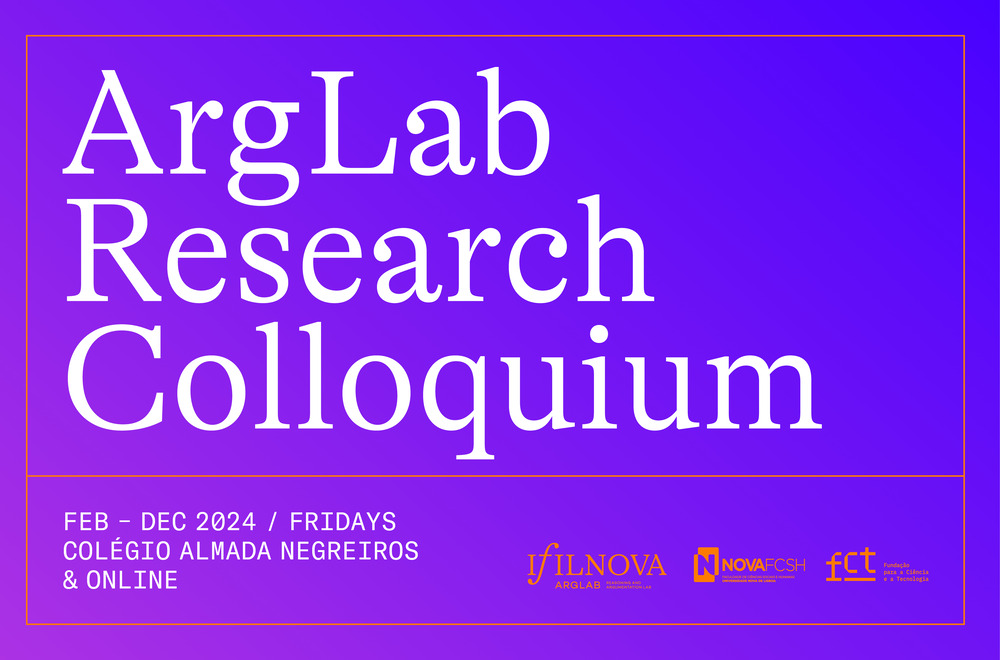Giulia Piredda on “Photography and social networks: a case study for situated affectivity”

In our activity on social networks, we tend to crystallize happy moments of our life that we want to share with others. By doing so, we seem to display the best version of ourselves. In editing our digital self, we can create an ideal self. Many researchers fear that this tendency could be a way of falsifying the reality of our selves, by offering just one piece of information about our lives: the one in which we are happy, satisfied with our life choices, fulfilled. Moreover, this fact risks generating negative effects in others, because it produces confrontations in which people tend to feel unsatisfied and unhappy with themselves. In this paper I wonder: is it really a problem or something bad that we tend to publish our positive moments? I would like to explore a more innocent interpretation of this phenomenon by framing it in the debate on situated affectivity (Griffiths & Scarantino 2009; Colombetti & Krueger 2015; Piredda 2020) and distributed personal identity (Candiotto, Piredda 2019; Heersmink 2017). I will argue that posts on social networks are good examples and a special kind of affective artifacts (Piredda 2020) and as pieces of our extended selves (Belk 2003). Admitting that one important recipient of our posts is ourself, the activity of posting happy memories of our lives — professional and personal fulfillments — has a positive role in constructing our life narrative and supporting our well-being. So, taking a first-person perspective on this problem changes its evaluation and highlights the role of photography in structuring our life-narrative: a role that was there well before the arrival of social networks.
Giulia Piredda (IUSS Pavia)
To join the session on Zoom, please get in touch with Gloria Andrada at gandrada@fcsh.unl.pt for the details.
This event is part of the ArgLab Research Colloquium organised by Maria Grazia Rossi, Giulia Terzian and Gloria Andrada at the Laboratory of Argumentation, Cognition and Language of the NOVA Institute of Philosophy. For any inquiries, please contact Maria Grazia, Giulia, or Gloria.
Event supported by the Foundation for Science and Technology (Fundação para a Ciência e para a Tecnologia) of the Portuguese Ministry of Education and Science under the project UIDB/00183/2020.
19 Apr — Dimitris Serafis (Groningen)
10 May — Peter Baumann (Swarthmore)
21 Jun — Christopher Tindale (Windsor)
20 Sep — José Angel Gascón (Murcia)
18 Oct — Joel Krueger (Exeter)
15 Nov — Casey Rebecca Johnson (Idaho)
13 Dec — Roosmaryn Pilgram (Leiden)

